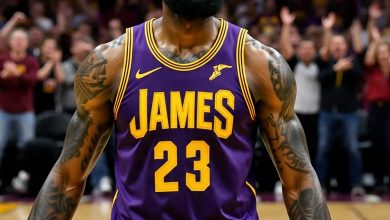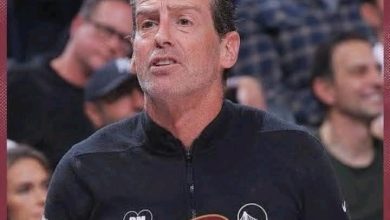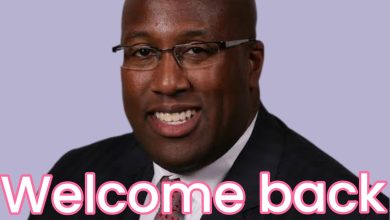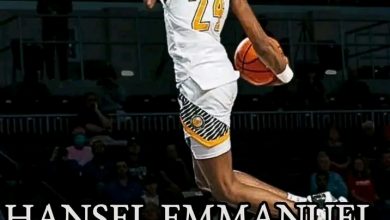Auburn Men’s basketball coach Bruce Pearl and his wife, Brandy have confirmed they will donate all of his season winnings and sponsorship deals to charities and homeless relief. Here are some of the BIGGEST BONUSES in NCAA history that not everyone is willing to give away…
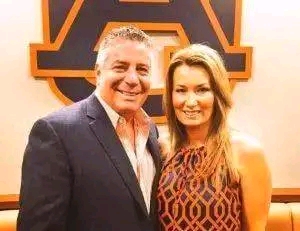
Auburn Men’s Basketball Coach Bruce Pearl and his wife, Brandy, have made headlines with a powerful philanthropic gesture: pledging to donate all of his season winnings and sponsorship earnings to charity and homeless relief efforts. In an era where college sports are awash with massive coaching contracts, bonuses, and lucrative endorsement deals, Pearl’s decision stands out not just for its generosity, but for its rarity.
Bruce Pearl, known for his high-energy coaching style and ability to consistently lead Auburn to success in the SEC, is no stranger to incentives. Like many elite NCAA coaches, his contract includes performance-based bonuses for achievements like making the NCAA Tournament, winning conference titles, and achieving academic success with his team. These bonuses can add up to hundreds of thousands—or even millions—of dollars in a single season. By redirecting these funds to those in need, the Pearls are making a clear statement about the power of giving back.
To put their donation into perspective, it’s worth looking at some of the biggest bonuses in NCAA men’s basketball history—figures that show just how significant such contributions can be.
One of the most well-known examples is Bill Self of Kansas, who reportedly signed a “lifetime contract” in 2021 that included over $5 million annually, plus performance bonuses that could total seven figures in a championship season. Similarly, John Calipari of Kentucky earns around $9 million per year when factoring in salary and bonuses, with additional perks such as retention bonuses that pay out over time.
Mike Krzyzewski, the legendary former coach of Duke, earned well over $7 million annually before his retirement, much of it tied to performance and long-term incentives. Meanwhile, Tom Izzo at Michigan State and Mark Few at Gonzaga have consistently received six- and seven-figure bonuses for deep NCAA Tournament runs and other accomplishments.
While these enormous bonuses reflect the revenue and attention NCAA basketball generates, few coaches have committed to donating their earnings on the scale of Bruce and Brandy Pearl. The gesture also highlights the growing conversation around wealth in college athletics, especially as players now receive compensation through Name, Image, and Likeness (NIL) deals.
The Pearls’ donation will not only help fund local homeless shelters and food programs, but may also inspire other figures in college athletics to consider how they can make a difference beyond the court. It’s a refreshing example of leadership and community engagement from one of college basketball’s most high-profile coaching families.
In a sport where the stakes are high and the rewards even higher, Bruce Pearl’s decision to forgo personal profit in favor of social good sends a message that resonates far beyond basketball: success isn’t just measured in wins, but in what you’re willing to give back.


